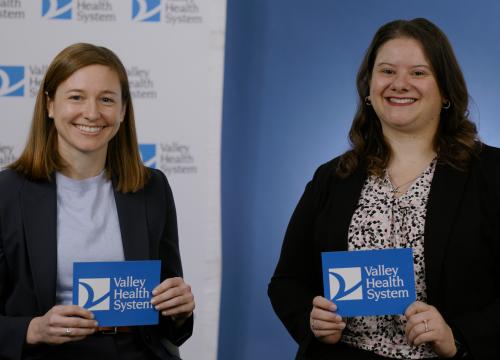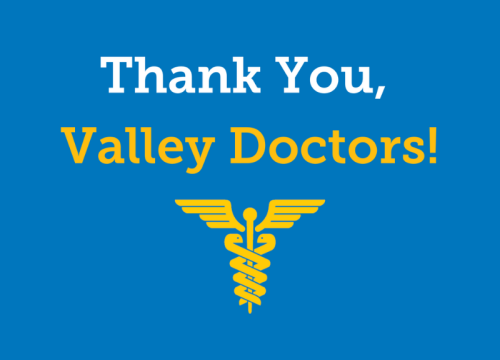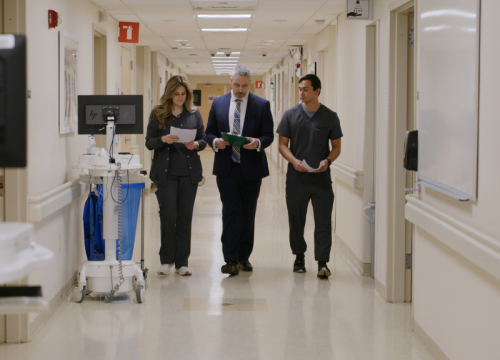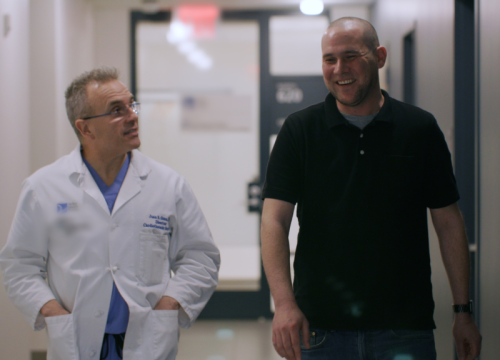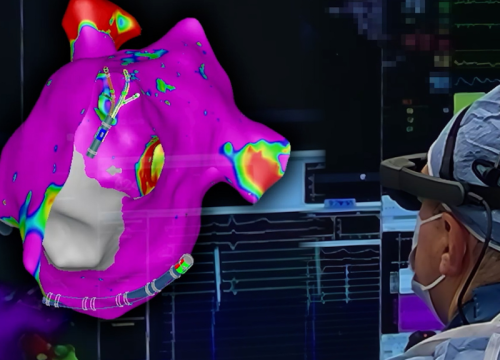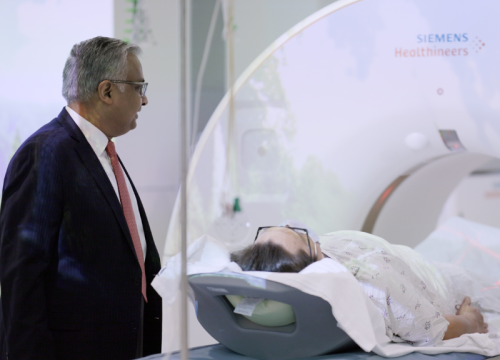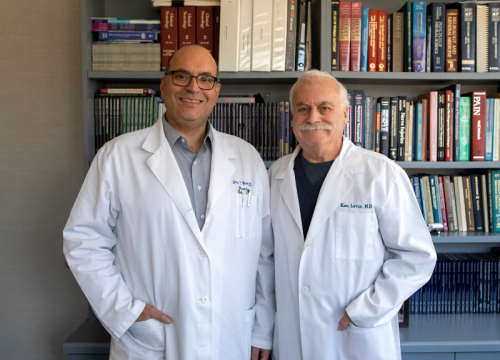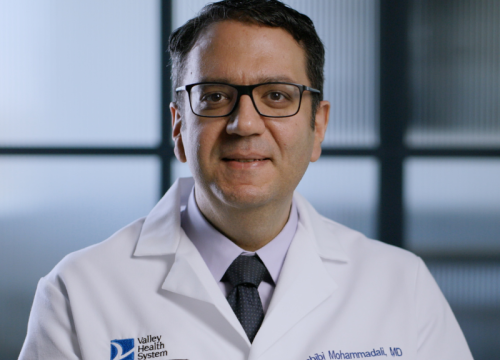Congenital heart defects occur when the heart does not develop correctly during pregnancy. There are numerous types of congenital heart defects; a common heart defect involves holes in the heart.
Congenital Heart Defect Repair at Valley
At Valley, our team of heart specialists can often repair congenital heart defects using non-surgical, minimally invasive procedures.
Atrial Septal Defect (ASD) Closure
- An atrial septal defect, or ASD, is a hole between the two upper chambers of the heart, the atria.
- Some people with an atrial septal defect experience no symptoms; however, if you regularly experience ASD symptoms such as shortness of breath and fatigue, you may wish to speak to a cardiologist about having your atrial septal defect closed.
- At Valley, our physicians use a minimally invasive catheter approach to close atrial septal defects.
Patent Foramen Ovale (PFO) Closure
- A patent foramen ovale, or PFO, occurs when a flap of tissue in the heart fails to close properly after a baby is born.
- Many people with a PFO experience no symptoms.
- However, a person with a PFO has a higher chance of having a stroke. For this reason, in certain people, closure of the patent foramen ovale is recommended.
- At Valley, our physicians use a minimally invasive catheter approach to close the PFO.
Ventricular Septal Defect (VSD) Closure
- A ventricular septal defect, or VSD, is a hole between the two lower chambers of the heart.
- If you experience ventricular septal defect symptoms that affect your quality of life, including shortness of breath, you may want to talk to a cardiologist about having your VSD closed.
- At Valley, our physicians often use a minimally invasive catheter approach to close ventricular septal defects.
Why Choose Valley for Congenital Heart Defect Repair?
- Minimally invasive treatment options: Heart defects used to be fixed primarily by a cardiac surgeon. Now, thanks to advances in technology, we can often treat congenital heart defects using a minimally invasive catheter-based approach. This approach typically translates to safer and more efficient patient care.
- Team approach: Congenital heart defects may not necessarily need surgical treatment. That’s where a team approach to heart care can help: by gathering a variety of heart specialists together to help you make appropriate decisions. In this way, you can feel confident that you are making the best decision for your particular heart needs.
- Cleveland Clinic alliance: Valley’s heart program is proud to be an alliance member of Cleveland Clinic's Heart, Vascular & Thoracic Institute. Cleveland Clinic's heart program is nationally ranked. We are able to offer our patients additional heart expertise through our alliance with Cleveland Clinic.






